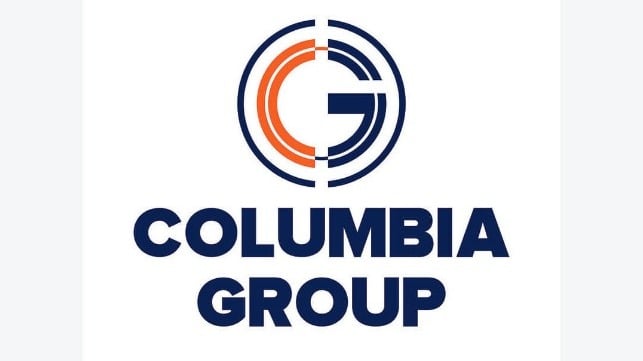Columbia Group Calls For Overhaul Of Maritime Training

[By Columbia Group]
Columbia Group is calling for urgent reforms in maritime education to address a growing shortage of qualified seafarers and to secure the future of the Greek shipping industry.
Despite Greece’s status as a global shipping powerhouse, controlling more than 20% of the world’s deadweight tonnage, the sector faces a mounting challenge: too few young professionals are choosing careers at sea. This shrinking talent pipeline threatens not only ship operations but also the shore-based roles that depend on seasoned seafaring experience.
“The shortage of qualified seafarers is not a prediction. It is already happening,” says Gregory Spourdalakis, Managing Director of Columbia Shipmanagement Greece. “Fewer graduates are coming out of maritime academies, and many lack the skills and incentives to remain in the profession long enough to progress into senior positions.”
One of the core issues is that maritime training has not kept pace with modern shipping. Many academies still operate with outdated equipment and limited digital resources, while curriculums often fail to reflect evolving technological, regulatory, and commercial realities. At the same time, maritime qualifications are frequently not regarded as academically equivalent to traditional university degrees, deterring ambitious young people who seek broader career prospects.
“It is no surprise that many of our brightest Greek students are turning away from maritime officer training,” he added. “Unless we act, this drain of talent will leave companies struggling to fill key roles both at sea and ashore.”
While shipowners can currently draw on global labour markets in the Philippines, India, and Eastern Europe, the decline in local seafarers has serious implications. Shore-based operations, such as technical superintendents, fleet managers, and HSEQ professionals, rely on individuals with seafaring backgrounds. Without action, the industry risks losing this critical expertise within a decade or so.
Columbia Group is committed to bridging the gap between education and employment. This month, the company engaged directly with students and graduates at events on Chios and Andros islands, outlining the career paths available both onboard vessels and ashore. The company also runs a graduate trainee programme offering one-year placements across departments, alongside leadership development in partnership with FranklinCovey.
“These engagements matter, but we must start much earlier, ideally in secondary schools, to help young people understand the opportunities maritime careers offer,” says Mr Spourdalakis.
A Call for Reform
Columbia Group is urging stakeholders across the industry to take co-ordinated action to secure shipping’s future talent pipeline. Key priorities include:
- Upgrading maritime education facilities with modern equipment and digital tools.
- Aligning curriculums with the realities of today’s industry, including decarbonisation, automation, and commercial operations.
- Raising the status of maritime qualifications to be equivalent to university degrees, helping attract the best and brightest.
- Promoting awareness in schools about the diverse career opportunities in shipping.
“Shipping is the backbone of the Greek and global economy. “Mr Spourdalakis concludes. “But it can only remain so if we invest in the people who will sail, manage, and innovate in the decades to come. The time to act is now.”
The products and services herein described in this press release are not endorsed by The Maritime Executive.
